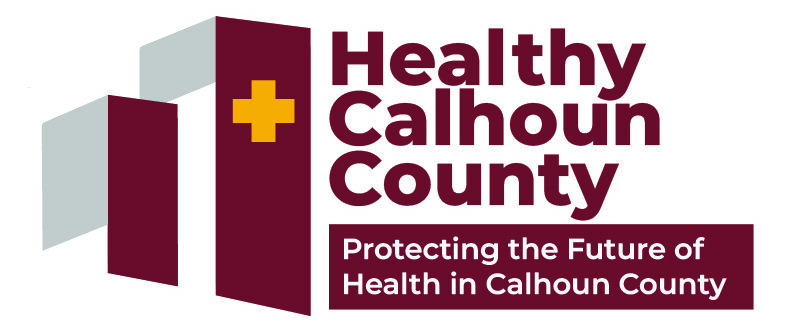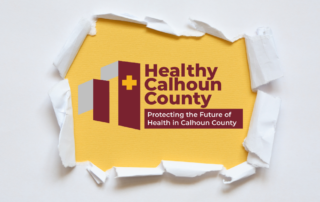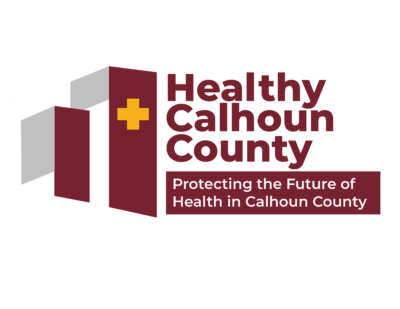One of the reasons why local residents have asked for the opportunity to vote on creating a hospital district is to provide Memorial Medical Center with a reliable source of funding that is independent from increasingly unreliable and below-cost payments from health insurance plans and makes up for some of the financial losses from providing medical care that is not paid for.
Underpayment From Insurance Companies and Health Care Programs
More than half of Memorial Medical Center’s patients have health insurance through Medicaid or Medicare. These programs underpay hospitals for services provided, leaving a financial shortfall. Medicare pays about 84 percent of the costs of care provided, and Medicaid just 67 percent of the costs of care. That means that for every patient with Medicare or Medicaid that Memorial Medical Center cares for, it loses money just because of underpayment.
In addition, even for patients with private health insurance, more are enrolled in high-deductible health plans, meaning they are required to pay more of the share of care costs, and that is not financially feasible for some patients.
Decreasing Supplemental Payments
Compounding the effect of underpayment from the two largest health insurance programs – Medicare and Medicaid – is reduced hospital supplemental payments. Traditionally, hospitals in Texas have qualified for supplemental payments from the government to help with underpayment from Medicaid and the costs of caring for the uninsured. Two of these payments are disproportionate share hospital (DSH) payments and uncompensated care (UC) payments. Those payments have dropped by 93 percent over several years.
Charity Care for Residents Without Health Insurance
About 1 in 5 Calhoun County residents has no health insurance. But that doesn’t mean they don’t need healthcare.
Federal law (EMTALA) requires hospitals to provide emergency care to anyone, no matter their insurance status or ability to pay. In addition, the County authorizes the hospital’s charity care program, but there are no dedicated funds to pay for charity care. Last year, Memorial Medical Center had $7.8 million in charity care costs that weren’t paid for.
Creating a hospital district will not create a charity care hospital. Memorial Medical Center, like all hospitals, already provides charity care, and that obligation won’t change.
Key Takeaways
Taken together, these financial factors undermine Memorial Medical Center’s ability to provide care at the level everyone in our community deserves and expects. More than 140 other communities in our state have a hospital district to ensure locally sustainable, locally supported, and locally governed healthcare. Calhoun County needs a hospital district too so that our hospital can continue delivering excellent, local inpatient and outpatient care to everyone in our county.

More Insights and Updates
Threats of closure and fewer services continue plaguing rural hospitals
You might have caught on in previous news as rural hospitals across the state face tough decisions and weigh closing facilities. Others are looking at services where margins are narrow or negative [...]
Myth Busting! ER Transfers — When and Why?
How our Level IV Trauma Center/ER Serves our Community Memorial Medical Center is a Level IV designated trauma center, a designation awarded by the state recognizing the hospital's specialized staff, equipment, and [...]
Myth Busting! Rural hospitals under strain? Facts or Fiction?
The Financial Strain on Rural Hospitals is Real? Here's How: The financial challenges faced by rural hospitals are multifaceted. Low Medicaid reimbursement rates, rising operational costs, and staffing shortages have made it [...]



